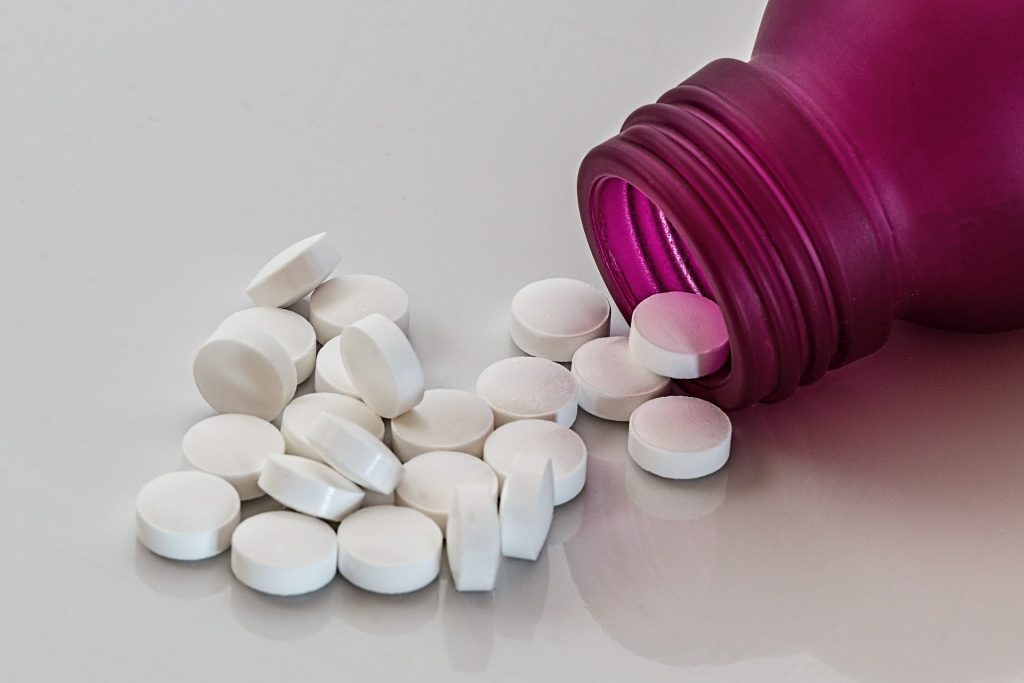
An eagerly awaited review and meta-analysis on ivermectin for COVID has arrived, however while it seems positive there are many shortcomings and unanswered questions.
The findings of the study, led by Andrew Hill, PhD, of the University of Liverpool, were published in Open Forum Infectious Diseases. The review and meta-analysis was conducted as part of the International Ivermectin Project Team from December 2020 to May 2021. Ivermectin proponents alleged that Dr Hill was conducting the analysis for the WHO, but MedPage Today was not able to make a confirmation of this. A separate review published on June 28 in the journal Clinical Infectious Diseases found no benefits for ivermectin use in COVID.
Dr Hill and colleagues assessed 24 randomised trials enrolling a total of 3328 patients that involved some type of control, whether it was standard of care or some other therapy. Sample sizes ranged from 24 to 400 participants. Of these, eight were published studies.
In the 11 trials with 2127 patients that focused on moderate or severe infection, a 56% reduction in mortality was seen (P=0.004), with 3% of patients on ivermectin dying compared with 9% of controls.
However, the researchers noted that the total number of deaths was small (128) and in the subgroup with severe disease, there was no difference between ivermectin and controls. As for moderate disease, they reported a 70% improvement in survival with ivermectin (P=0.0004).
Compared with controls, ivermectin use was also associated with a reduction in time to recovery of 1.58 days (P=0.01) and with a shorter duration of hospitalisation of 4.27 days (P=0.05).
However, the drug was not associated with a lower risk of hospitalisation, though a sensitivity analysis that included any hospitalizations within 12 hours of taking the drug did show a reduction with ivermectin (RR 0.32, 95% CI 0.13-0.80, P=0.01).
A key limitation was the lack of peer review for many studies included in the analysis; there was also wide variation in terms of dosage, treatment duration, and inclusion criteria. There were also many different comparators, including hydroxychloroquine, lopinavir/ritonavir, standard of care, and placebo.
The authors concluded that their results “need to be validated in larger confirmatory trials”. David Boulware, MD, MPH, of the University of Minnesota, agreed with this. Dr Boulware has been interested in evaluating ivermectin for COVID outpatients, agreed with. On Twitter, he noted that no mention was made of whether patients used steroids, which could seriously confound results.
Only two of seven trials showed a reduction in symptom duration in outpatient trials. No analysis was done to see if early treatment cut hospitalisation risk.
He tweeted that there was a need for phase III randomised clinical trials “in order to delineate what is the clinical benefit of early treatment”, such as quicker resolution and fewer symptoms. He would have also liked to see more distinction between outpatient and in-hospital therapy.
“Of course, rolling out vaccination as quickly and widespread as possible would negate the need to use ivermectin as a treatment,” he added. “So big picture, vaccines are the better solution.”
There are multiple ongoing phase III randomised controlled trials “which will provide definitive results,” Boulware noted. These include the UK-based PRINCIPLE outpatient trial which has a target of 1500 patients for its ivermectin arm.
Source: MedPage Today


